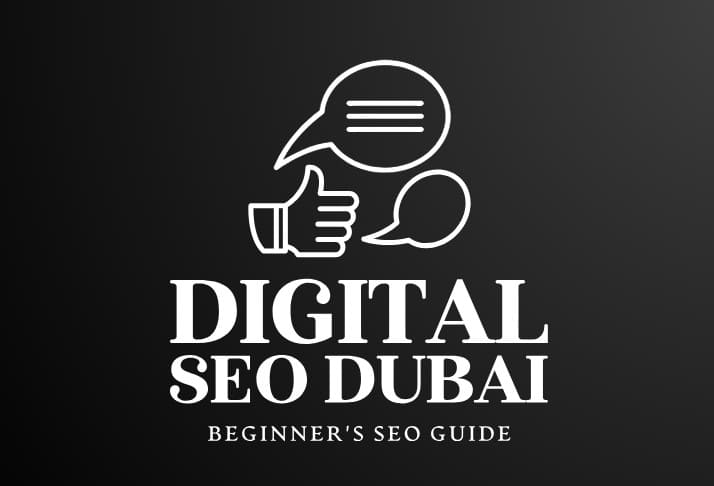What is Digital Marketing ? A Comprehensive Guide !
What is Digital Marketing? A Comprehensive Guide
Introduction
In the digital age, marketing has transcended traditional boundaries, evolving into a complex landscape dominated by digital channels. Digital marketing, an essential strategy for any business looking to thrive, leverages the internet and online based digital technologies to promote products and services. This comprehensive guide delves into the essence of digital marketing, exploring its components, strategies, and the future direction it’s headed.
Understanding Digital Marketing
Definition of Digital Marketing
Digital marketing involves promoting products or services through digital channels, primarily on the internet. It encompasses practices such as search engine optimization (SEO), content marketing, social media marketing, email marketing, and more, aiming to reach a targeted audience more effectively than traditional marketing.
Evolution of Digital Marketing
The evolution of digital marketing is marked by the integration of technology with marketing needs. Beginning with the advent of the internet and progressing through the development of Google’s search algorithms to the rise of social media platforms, digital marketing has continually adapted to new technological advancements, changing the way brands interact with customers.
Key Components of Digital Marketing
Search Engine Optimization (SEO)
SEO is the practice of enhancing website visibility in organic search engine results. It involves optimizing web content and HTML source code to rank higher in searches, thus increasing traffic. Key tactics include using relevant keywords, improving site speed, and ensuring mobile friendliness.
Content Marketing
Content marketing focuses on creating and distributing valuable, relevant, and consistent content to attract and retain a clearly-defined audience. Effective content marketing not only draws visitors but also converts them into customers, through mediums like blogs, white papers, and video content.
Social Media Marketing
This strategy utilizes social media platforms to connect with the audience, build the brand, increase sales, and drive website traffic. The interactive nature of social media allows for immediate feedback and customer service, enhancing the overall customer experience.
Email Marketing
Email marketing is a direct marketing strategy that uses personalized, mass emails to educate and convince a target audience to take action, such as purchasing a product. It remains one of the most effective digital marketing strategies due to its direct approach and personalization options.
Pay-Per-Click Advertising (PPC)
PPC is a model of internet marketing in which advertisers pay a fee each time one of their ads is clicked. It’s essentially buying visits to your site, rather than attempting to “earn” those visits organically. Google AdWords is one of the most popular platforms for PPC advertising.
Affiliate Marketing
Affiliate marketing is a performance-based marketing arrangement, in which a business rewards one or more affiliates for each visitor or customer brought by the affiliate’s own marketing efforts. It leverages the abilities of a variety of individuals for a more effective marketing strategy while providing contributors with a share of the profit.
Implementing Digital Marketing Strategies
Planning a Digital Marketing Campaign
Effective digital marketing campaigns begin with strategic planning. This involves setting clear goals, understanding the target audience, choosing the right digital platforms, and allocating budgets. Analytics and strategy adjustments based on data are also critical for success.
Measuring and Analyzing Performance
Analytics play a crucial role in digital marketing by measuring performance across all digital platforms. Tools like Google Analytics help marketers understand user behavior, evaluate the success of their marketing tactics, and make data-driven decisions to optimize strategies.
Challenges in Digital Marketing
Digital marketing faces challenges such as algorithm updates, changing user behaviors, and increasing competition. Marketers must stay informed and agile, continually adapting their strategies to navigate these challenges effectively.
The Future of Digital Marketing
Emerging Trends
Emerging technologies like AI, machine learning, and augmented reality are shaping the future of digital marketing. These technologies promise to enhance personalization, automate tasks, and create more engaging, immersive experiences.
Digital Marketing and Globalization
Digital marketing breaks down geographical barriers, enabling brands to reach global audiences with ease. It’s crucial for businesses to understand cultural nuances and leverage localized marketing strategies to appeal to diverse consumer bases.
Conclusion
Digital marketing is no longer just a trend, but a proven strategy integral to modern marketing. As we look towards the future, businesses must integrate digital marketing strategies to remain competitive and relevant in an increasingly digital world.
Call to Action
Ready to transform your business through digital marketing? Start refining your strategies or consult with digital marketing professionals to leverage the full potential of digital platforms.
